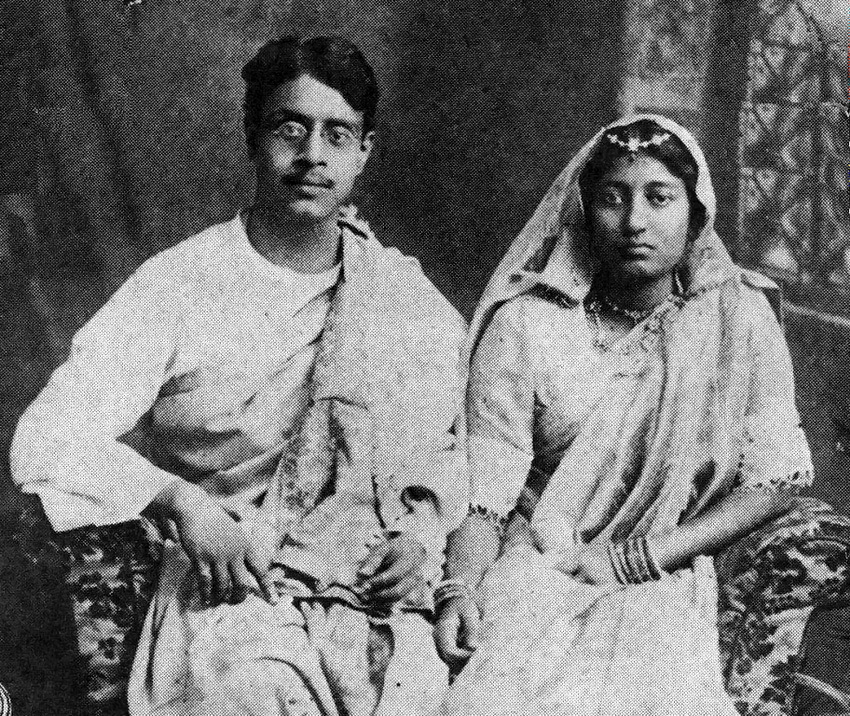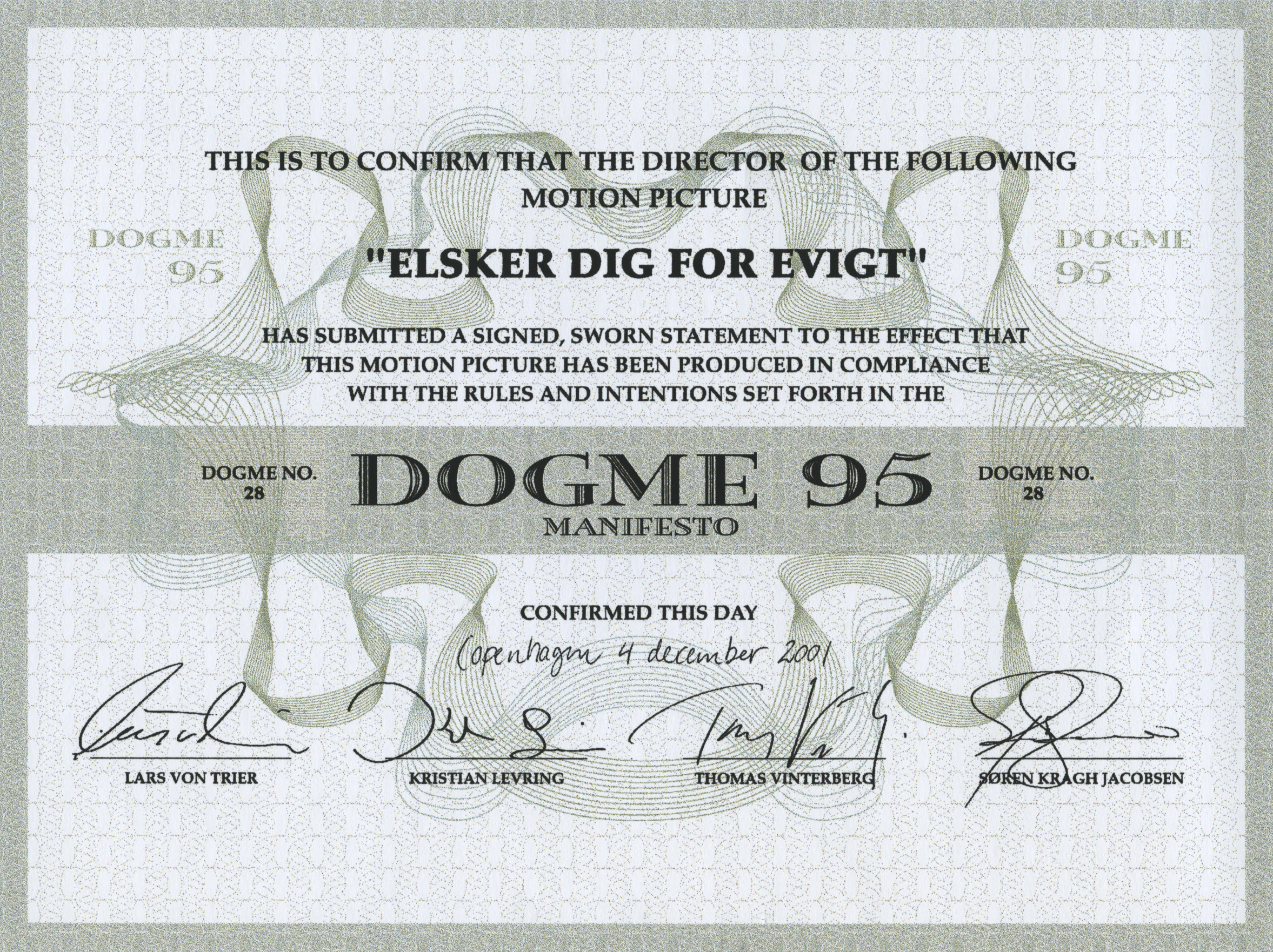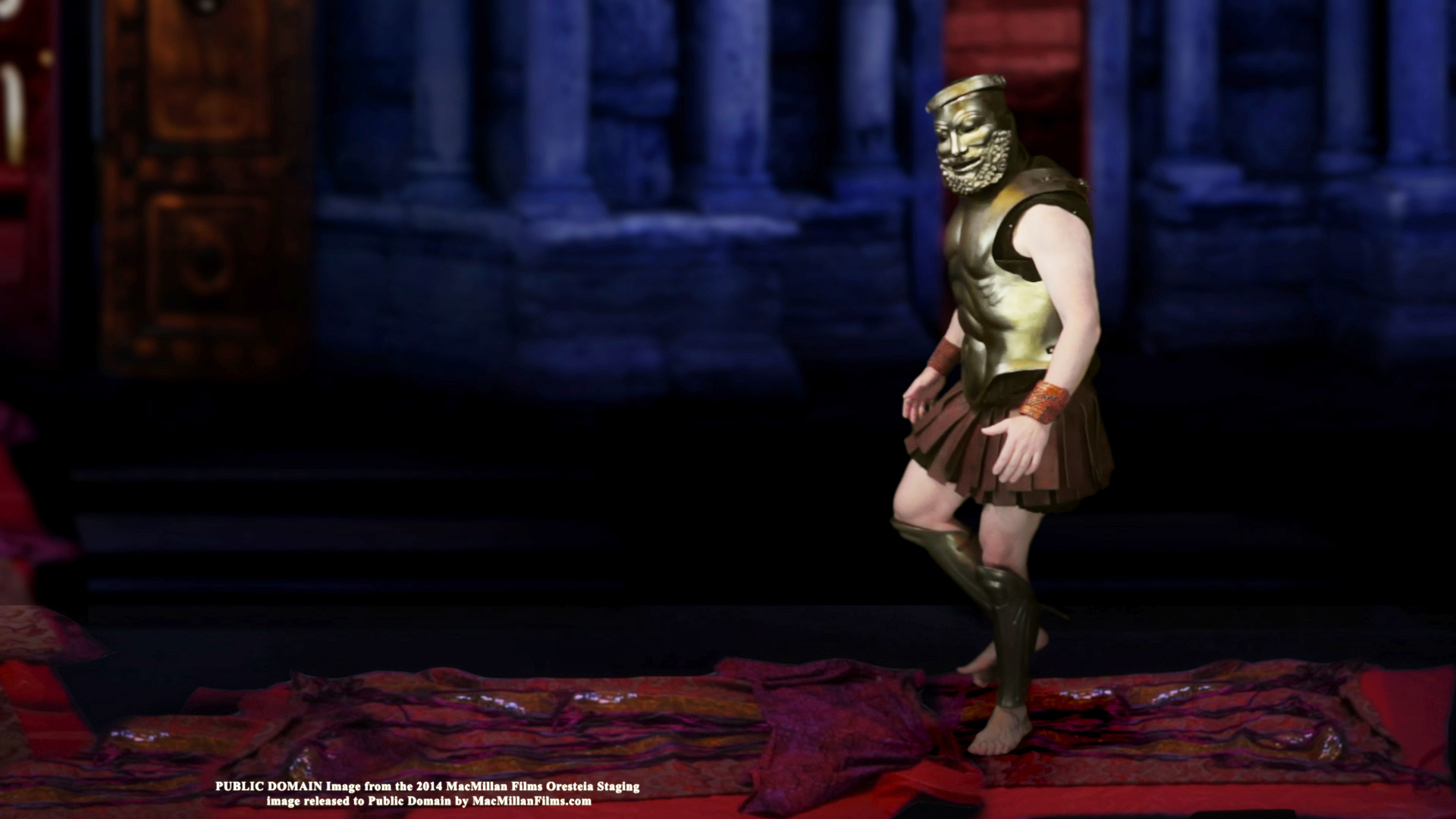|
Trilogy
A trilogy is a set of three works of art that are connected and can be seen either as a single work or as three individual works. They are commonly found in literature, film, and video games, and are less common in other art forms. Three-part works that are considered components of a larger work also exist, such as the triptych or the three-movement sonata, but they are not commonly referred to with the term "trilogy". Most trilogies are works of fiction involving the same characters or setting, such as ''The Deptford Trilogy'' of novels by Robertson Davies, ''The Apu Trilogy'' of films by Satyajit Ray, '' The House'' of a single anthology stop motion animated film, and ''The Kingdom Trilogy'' of television miniseries from 1994 to 2022 by Lars von Trier. Other fiction trilogies are connected only by theme: for example, each film of Krzysztof Kieślowski's Three Colours trilogy explores one of the political ideals of the French Republic ( liberty, equality, fraternity). Trilogies ... [...More Info...] [...Related Items...] OR: [Wikipedia] [Google] [Baidu] |
The Apu Trilogy
''The Apu Trilogy'' comprises three Indian Bengali-language drama films directed by Satyajit Ray: ''Pather Panchali'' (1955), ''Aparajito'' (1956) and ''The World of Apu'' (1959). The original music for the films was composed by Ravi Shankar. The films are based on two Bengali novels written by Bibhutibhushan Bandopadhyay: ''Pather Panchali'' (1929) and ''Aparajito'' (1932). The three films went on to win many national and international awards, including three National Film Awards and seven awards from the Cannes, Berlin and Venice Film Festivals. The films were produced on a shoestring budget (''Pather Panchali'' had a budget of roughly 150,000 ($45,300—)) using an amateur cast and crew. Plot summaries The three films comprise a "coming of age" narrative in the vein of a ''bildungsroman''; they describe the childhood, education and early maturity of a young Bengali named Apu (Apurba Kumar Roy) in the early part of the 20th century. ''Pather Panchali'' (English, "Song of ... [...More Info...] [...Related Items...] OR: [Wikipedia] [Google] [Baidu] |
Satyajit Ray
Satyajit Ray (; 2 May 1921 – 23 April 1992) was an Indian director, screenwriter, documentary filmmaker, author, essayist, lyricist, magazine editor, illustrator, calligrapher, and music composer. One of the greatest auteurs of film-making, Ray is celebrated for works including ''The Apu Trilogy'' (1955–1959), ''The Music Room'' (1958), ''The Big City'' (1963) and ''Charulata'' (1964). Ray was born in Calcutta to nonsense rhyme author Sukumar Ray. Starting his career as a commercial artist, Ray was drawn into independent film-making after meeting French filmmaker Jean Renoir and viewing Vittorio De Sica's Italian neorealist film ''Bicycle Thieves'' (1948) during a visit to London. Ray directed 36 films, including feature films, documentaries and shorts. Ray's first film, ''Pather Panchali'' (1955) won eleven international prizes, including the inaugural Best Human Document award at the 1956 Cannes Film Festival. This film, along with ''Aparajito'' (1956) and ... [...More Info...] [...Related Items...] OR: [Wikipedia] [Google] [Baidu] |
Lars Von Trier
Lars von Trier (''né'' Trier; 30 April 1956) is a Danish filmmaker, actor, and lyricist. Having garnered a reputation as a highly ambitious, polarizing filmmaker, he has been the subject of several controversies: Cannes, in addition to nominating and awarding his films on numerous occasions, once listed him as '' persona non grata'' for flippant Nazi remarks during an interview; depictions of graphic violence and unsimulated sex in some of his films have drawn criticism; and he has been accused of mistreating actresses during filming, including Björk and Nicole Kidman. Trier's career has spanned more than four decades and his works have gained notoriety for his trademarks including European frequent actors (particularly Jean-Marc Barr, Udo Kier and Stellan Skarsgård), different thematic trilogies, handheld camerawork, upsetting subject matters, genre and technical innovation, confrontational examination of existential, social, and political issues, and his treatment of subje ... [...More Info...] [...Related Items...] OR: [Wikipedia] [Google] [Baidu] |
The Oresteia
The ''Oresteia'' ( grc, Ὀρέστεια) is a trilogy of Greek tragedies written by Aeschylus in the 5th century BCE, concerning the murder of Agamemnon by Clytemnestra, the murder of Clytemnestra by Orestes, the trial of Orestes, the end of the curse on the House of Atreus and the pacification of the Erinyes. The trilogy—consisting of ''Agamemnon'' (), '' The Libation Bearers'' (), and ''The Eumenides'' ()—also shows how the Greek gods interacted with the characters and influenced their decisions pertaining to events and disputes. The only extant example of an ancient Greek theatre trilogy, the ''Oresteia'' won first prize at the Dionysia festival in 458 BCE. The principal themes of the trilogy include the contrast between revenge and justice, as well as the transition from personal vendetta to organized litigation. ''Oresteia'' originally included a satyr play, ''Proteus'' (), following the tragic trilogy, but all except a single line of ''Proteus'' has been lost. ''Agame ... [...More Info...] [...Related Items...] OR: [Wikipedia] [Google] [Baidu] |
Three Colours Trilogy
The ''Three Colours'' trilogy (french: Trois couleurs, pl, Trzy kolory) is the collective title of three Psychological drama (subgenre), psychological drama films directed by Krzysztof Kieślowski: ''Three Colours: Blue'' (1993), ''Three Colours: White'' (1994), and ''Three Colours: Red'' (1994). The trilogy was a co-production between France, Poland and Switzerland, in French language, with the exception of ''White'' in Polish and French. All three films were co-written by Kieślowski and Krzysztof Piesiewicz (with story consultants Agnieszka Holland and Sławomir Idziak), produced by Marin Karmitz and composed by Zbigniew Preisner. ''White'' received generally positive reviews, while ''Blue'' and ''Red'' garnered widespread acclaim from reviews, with the latter receiving nominations for Academy Award for Best Director, Best Director, Academy Award for Best Original Screenplay, Best Original Screenplay and Academy Award for Best Cinematography, Best Cinematography at the 67th A ... [...More Info...] [...Related Items...] OR: [Wikipedia] [Google] [Baidu] |
The Nova Trilogy
''The Nova Trilogy'' or ''The Cut-up Trilogy'' is a name commonly given by critics to a series of three experimental novels by William S. Burroughs. Volumes * The Soft Machine * The Ticket That Exploded * Nova Express Trilogy The trilogy of experimental novels is composed of '' The Soft Machine'' (1961, revised 1966 and 1968), ''The Ticket That Exploded ''(1962, revised 1967) and ''Nova Express'' (1964). Like ''Naked Lunch'', '' The Soft Machine'' derived in part from '' The Word Hoard'', a number of manuscripts Burroughs wrote mainly in Tangier, between 1954 and 1958. All three novels use the cut-up technique that Burroughs invented in cooperation with painter and poet Brion Gysin and computer programmer Ian Sommerville. Commenting on the trilogy in an interview, Burroughs said that he was "attempting to create a new mythology for the space age". In 2014, restored editions of the three novels were published, edited by Burroughs scholar Oliver Harris. The new editions made a nu ... [...More Info...] [...Related Items...] OR: [Wikipedia] [Google] [Baidu] |
Krzysztof Kieślowski
Krzysztof Kieślowski (; 27 June 1941 – 13 March 1996) was a Polish film director and screenwriter. He is known internationally for ''Dekalog'' (1989), ''The Double Life of Veronique'' (1991), and the ''Three Colours'' trilogy (1993 –1994).Stok 1993, p. xiii. Kieślowski received numerous awards during his career, including the Cannes Film Festival Jury Prize (1988), FIPRESCI Prize (1988, 1991), and Prize of the Ecumenical Jury (1991); the Venice Film Festival FIPRESCI Prize (1989), Golden Lion (1993), and OCIC Award (1993); and the Berlin International Film Festival Silver Bear (1994). In 1995, he received Academy Award nominations for Best Director and Best Original Screenplay. In 2002, Kieślowski was listed at number two on the British Film Institute's ''Sight & Sound'' list of the top ten film directors of modern times. In 2007, ''Total Film'' magazine ranked him at No. 47 on its "100 Greatest Film Directors Ever" list. Early life Kieślowski was born in Warsaw, Po ... [...More Info...] [...Related Items...] OR: [Wikipedia] [Google] [Baidu] |
The Deptford Trilogy
''The Deptford Trilogy'' (published 1970 to 1975) is a series of inter-related novels by Canadian novelist Robertson Davies. Overview The trilogy consists of ''Fifth Business'' (1970), ''The Manticore'' (1972), and '' World of Wonders'' (1975). The series revolves around a precipitating event: a young boy throws a snowball at another, hitting a pregnant woman instead, who goes into premature labor. It explores the longterm effects of these events on numerous characters. The Deptford trilogy has won praise for its narrative voice and its characterizations. The main characters originate from the same small village. Each carries a secret that crosses the lives of the others and drives the plot forward. ''Fifth Business'' is considered one of Davies' best novels. The second novel, ''The Manticore'', won the Governor-General's Literary Award in the English-language fiction category in 1972. The trilogy was named for its setting in the fictional village of Deptford, Ontario. This i ... [...More Info...] [...Related Items...] OR: [Wikipedia] [Google] [Baidu] |
The House (2022 Film)
''The House'' is a 2022 British animation stop-motion animated anthology film written by Enda Walsh and telling different stories forming a trilogy spanning different worlds and characters but set inside the same house. Each story deals with themes of madness, wealth, and the pursuit of true happiness. Originally announced as a television miniseries, it became an anthology film. Produced for Netflix by Nexus Studios in London, it tells three stories respectively directed by the duo of Emma de Swaef and Marc James Roels, Niki Lindroth von Bahr, and Paloma Baeza in their directorial debuts; the directors are credited with the story of their respective segments, with Johannes Nyholm as co-writer for the second. Plot I – And heard within, a lie is spun A young girl named Mabel lives with her father Raymond, mother Penny, and newborn sister Isobel in relative poverty. After a visit from wealthy, condescending relatives, Raymond wanders drunk into the forest at night and ... [...More Info...] [...Related Items...] OR: [Wikipedia] [Google] [Baidu] |
Cut-up Technique
The cut-up technique (or ''découpé'' in French) is an aleatory literary technique in which a written text is cut up and rearranged to create a new text. The concept can be traced to the Dadaists of the 1920s, but it was developed and popularized in the 1950s and early 1960s, especially by writer William S. Burroughs. It has since been used in a wide variety of contexts. Technique The cut-up and the closely associated fold-in are the two main techniques: *''Cut-up'' is performed by taking a finished and fully linear text and cutting it in pieces with a few or single words on each piece. The resulting pieces are then rearranged into a new text, such as in poems by Tristan Tzara as described in his short text, ''TO MAKE A DADAIST POEM''. *''Fold-in'' is the technique of taking two sheets of linear text (with the same linespacing), folding each sheet in half vertically and combining with the other, then reading across the resulting page, such as in '' The Third Mind''. It is a joint ... [...More Info...] [...Related Items...] OR: [Wikipedia] [Google] [Baidu] |
Liberté, égalité, Fraternité
''Liberté, égalité, fraternité'' (), French for "liberty, equality, fraternity", is the national motto of France and the Republic of Haiti, and is an example of a tripartite motto. Although it finds its origins in the French Revolution, it was then only one motto among others and was not institutionalized until the Third Republic at the end of the 19th century. (abridged translation, ''Realms of Memory'', Columbia University Press, 1996–98). Debates concerning the compatibility and order of the three terms began at the same time as the Revolution. It is also the motto of the Grand Orient and the Grande Loge de France. Origins during the French Revolution Some claim that Camille Desmoulins in number 35 of ''Révolutions de France et de Brabant'', published on July 26, 1790. Speaking of the festival of July 14, 1790, he described "the citizen-soldiers rushing into each other's arms, promising each other ''liberty, equality, fraternity.''" (French: ''les soldats-citoyens ... [...More Info...] [...Related Items...] OR: [Wikipedia] [Google] [Baidu] |
The Kingdom (miniseries)
''Riget'' (English title: ''The Kingdom'') is a Danish absurdist supernatural horror miniseries trilogy created by Lars von Trier, co-written by von Trier with Niels Vørsel and co-directed by von Trier with Morten Arnfred. Set in the neurosurgical ward of Copenhagen's Rigshospitalet (, nicknamed "Riget", ), each episode of the show takes place over a single day, and follows the hospital's eccentric staff and patients as they encounter bizarre and sometimes supernatural phenomena. The series is notable for its wry humor, its muted sepia colour scheme, and the appearance of a chorus of dishwashers with Down syndrome, who discuss in intimate detail the strange occurrences in the hospital. The main theme's song was written by von Trier himself. The first series of four episodes premiered from DR in November to December 1994, and was followed by a second series, ''Riget II'', which aired in November 1997. A belated third and final series of five episodes directed by von Trier and ... [...More Info...] [...Related Items...] OR: [Wikipedia] [Google] [Baidu] |



_i_NINE%2C_bakom_scen.jpg)